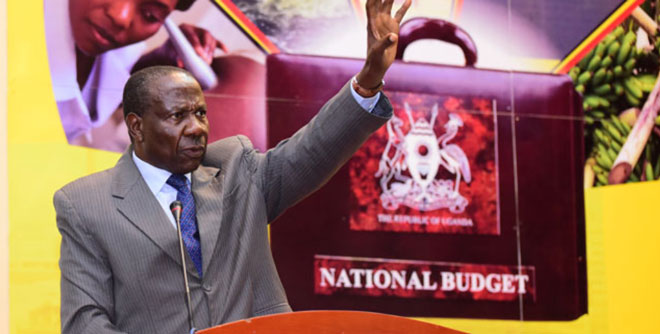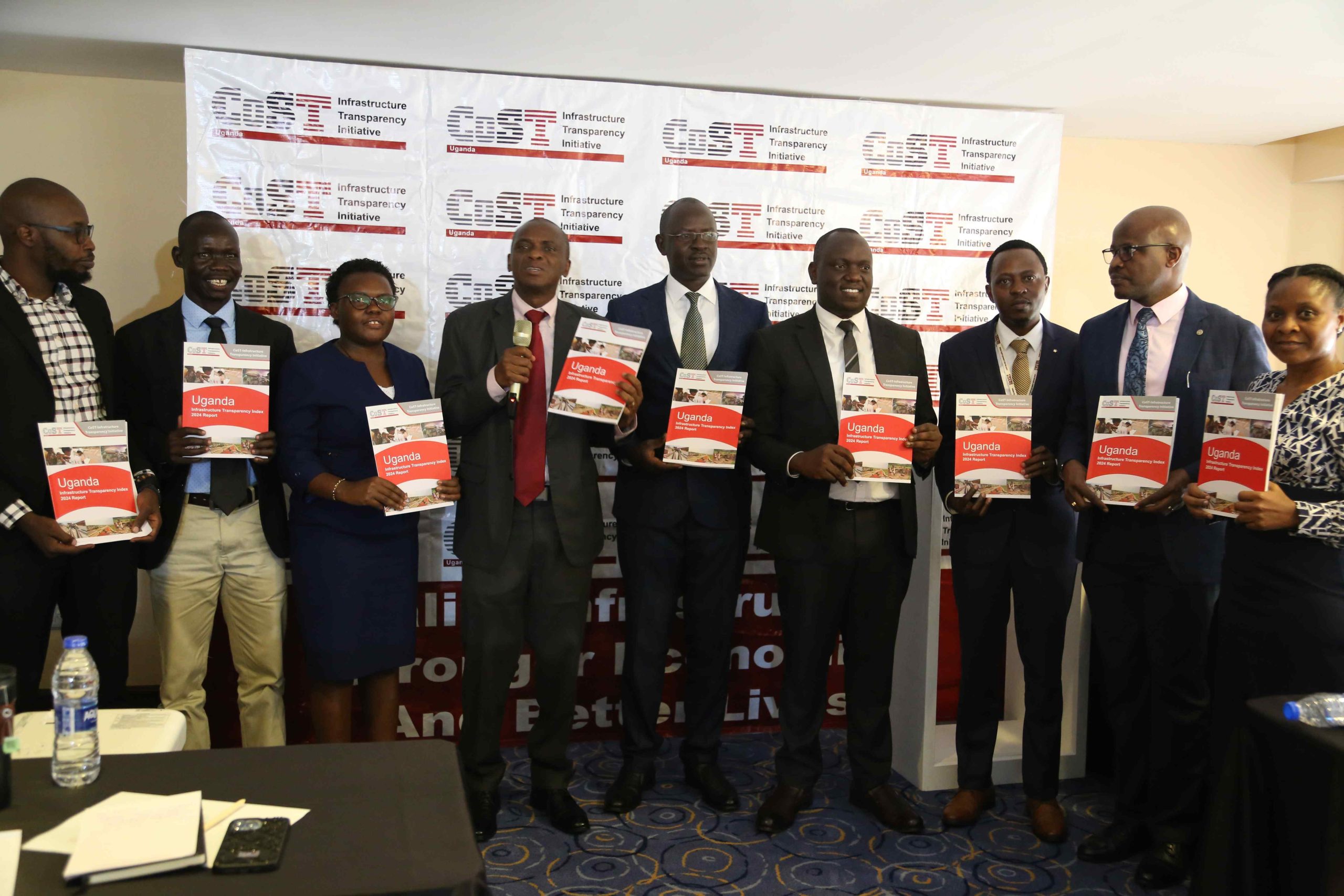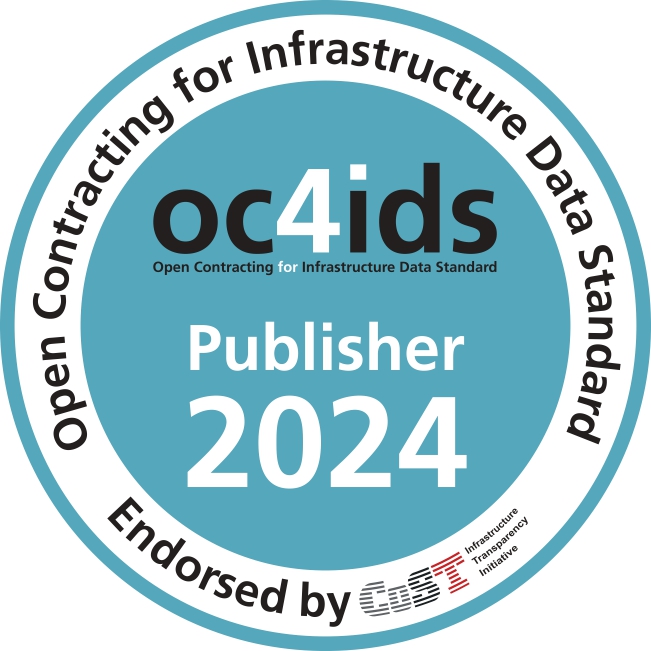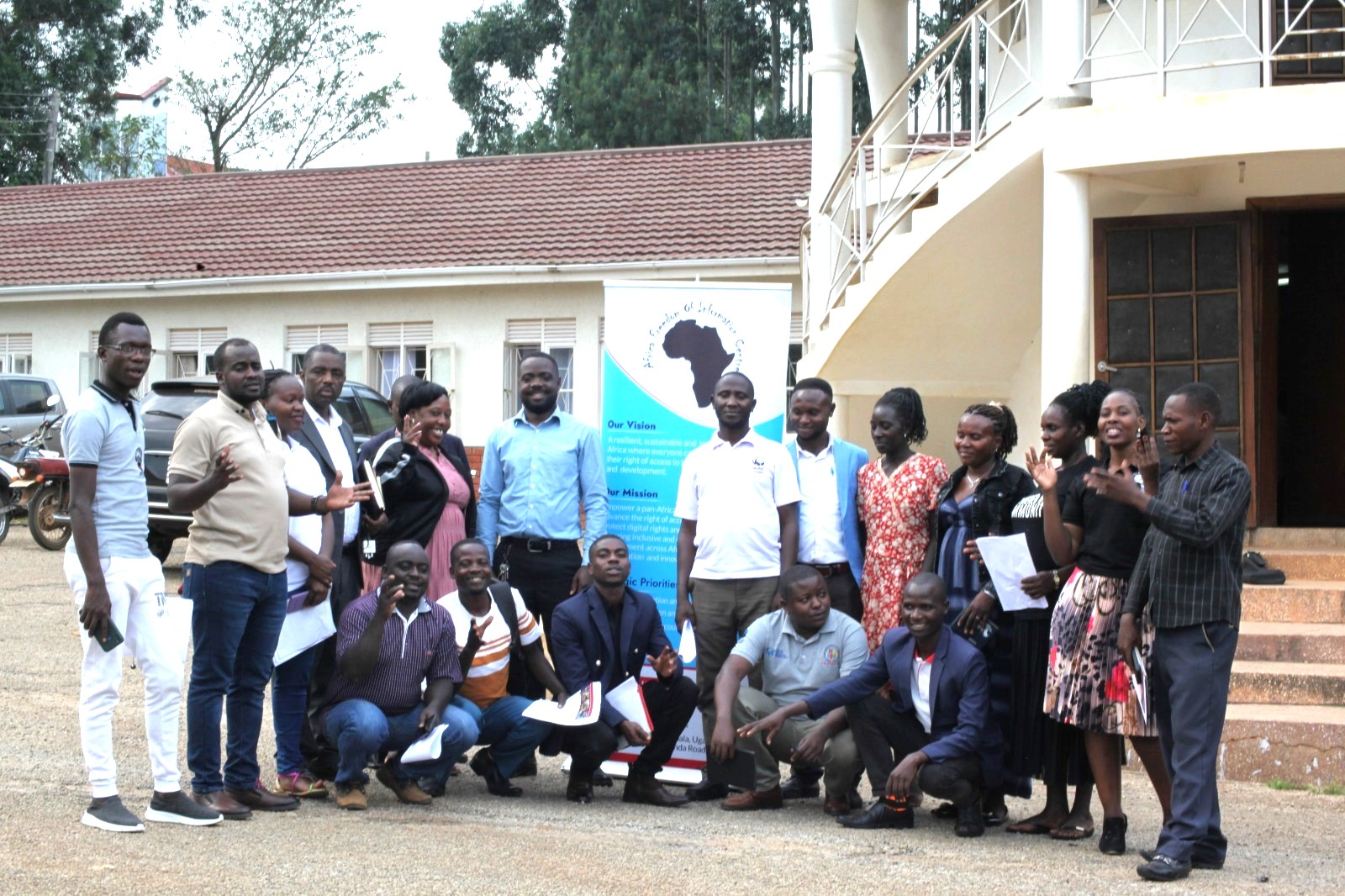
By Geoffrey Odong, Programme Officer, CoST Uganda
To start with, the budget is very ambitious and from the face value it can lead Uganda towards achieving the middle income economy as anticipated. But this is highly dependent on the ability to raise the necessary resources required and also the discipline with which the implementation of the different government programmes and projects will be done with much desired transparency and accountability it deserves.
Taking on from the Economic growth strategy and outlook, increased domestic revenue mobilization and reduction in non-concessional borrowing to ensure debt sustainability, it’s a good strategy, however, it calls for extra engagements by government to provide the pre-requisite fair business environment so that many small scale enterprise such as local contractors and consulting engineers can come up and join the business world which the anticipated domestic revenue can mobilize. This can as well be possible among other things, if Parish Development Model (PDM) implementation takes shape in reality with utmost honesty, PDM can propel enterprise development and less that, more businesses may collapse and that would affect the implementation of this ambitious 2023/2024 budget.
Of interest to us at CoST Uganda as a promoter of transparency and accountability in infrastructure projects delivery processes, the strategy (4) on support to the private sector by reducing cost of doing business in Uganda is a big plus, which we do appreciate since 2.4 trillion is earmarked in this budget. The question will be on how this will eventually trickle down to the local businesses in the districts and sub counties.
Secondly, Infrastructure projects allocated a total of 4.5 trillion representing 13.3% of the total budget as compared to 4.3 trillion of 2022/2023 budget allocation for integrated transport infrastructure projects/services. The additional resources of 2.25 trillion will support the greater Kampala Metropolitan Area to address flooding, traffic congestion, poor infrastructure, un-signaled junctions, and beef up funding to infrastructure projects. This was something that wasn’t in the last financial year budget. So, the way these resources will be deployed to implement the infrastructure projects requires concerted efforts to monitor how transparency initiatives such as CoST Uganda could help influence performance of project to realize the investment returns. As such compliance with International Open data standards such as the Infrastructure Data Standard and the Open Contracting for Infrastructure Data Standard would be adhered to by the responsible procuring and Disposing Entities, to enhance disclosure of infrastructure data to promote citizen ownership of government projects, supervision and CSO/Media monitoring, disclosure of available business opportunities that would eventually increase the level playing field through opening up the infrastructure market to more businesses, thus reducing the cost of building infrastructure projects, and increasing value for money through delivering quality infrastructure projects.
In comparison of budget allocation for integrated infrastructure transport services/projects, it is noted that there was a drop in FY 2022/2023 as compared to 4.9 trillion in 2021/2022 FY and that could have been due to over stretching of small scale enterprises in regards to intensifying domestic revenue mobilization to meet the set target of 25.5 trillion (this our view). However, 2023/2024 FY budget allocation indicates some steady progress from last financial FY (2022/2023) as seen in the figure below.
| Budget allocation | 2021/2022 | 2022/2023 | 2023/2024 |
| Integrated transport infrastructure services | 4,9 trillion | 4.3 trillion | 4.5trillion |
Source: Budget Speech FY22/23, and Background to the Budget 2023/24
While Uganda was reading her budget, Kenya also did the same and Kenya government allocated 244bn Kenya shilling to road construction and compared to Uganda which have allocated 4.5 trillion Uganda shillings
As CoST, we shall interest ourselves in monitoring the disclosure levels and transparency in biding and contract management for the 4.5 trillion allocated for roads maintenance and construction, railways development and rehabilitation, water and air transports development including fund worth 176 billion allocated to Districts, Cities and Municipalities for road works. Through our approach of Disclosure, Assurance, Multi-stakeholder working and social accountability.



